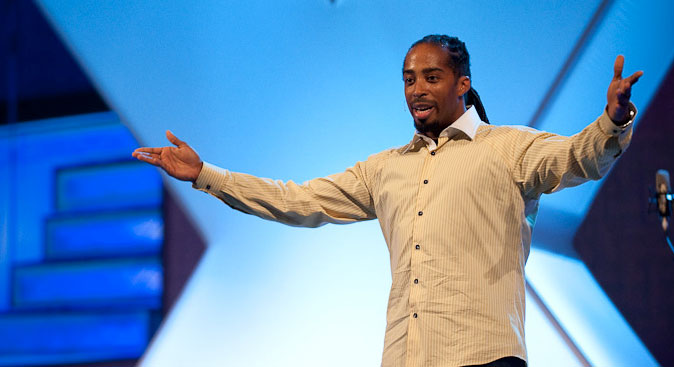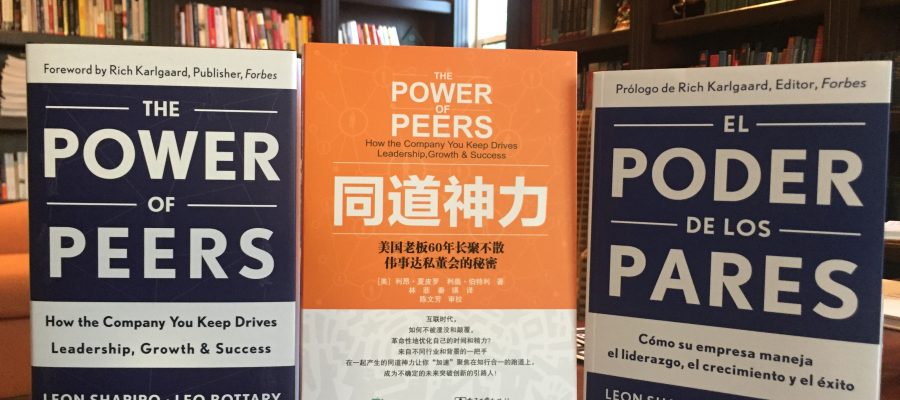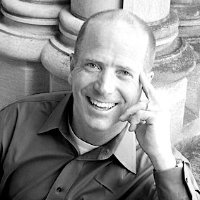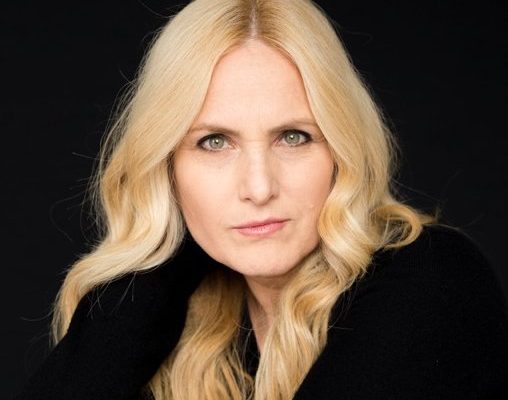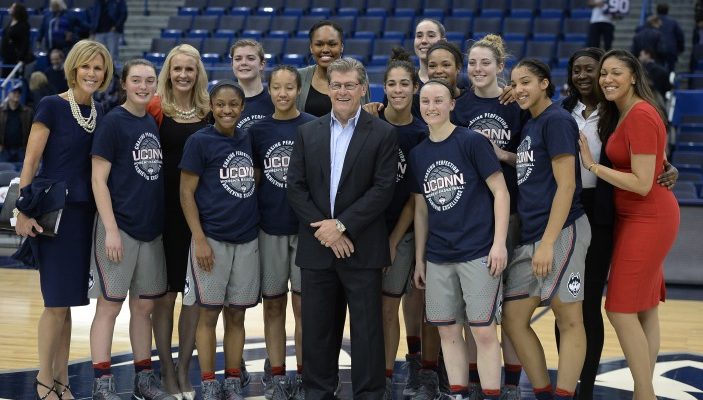C-Suite Radio Chairman, Jeffrey Hayzlett recently welcomed Year of the Peer with Leo Bottary to the C-Suite Radio family, “Leo leads conversations about leadership, collaboration, and our future, that you just won’t get anywhere else. If you’re a leader of any organization at any level, or you want to be one someday, this show is for you.”
I couldn’t be happier than to share this journey with C-Suite Radio! For 50 weeks, I’ve committed to invite some of the best minds in the world to share their insights, stories, and recommendations about how we can work together more effectively – to seek common ground and see one another for our special gifts rather than our differences. I am so appreciative of the guests who appeared on the show in Q1. Here’s the guest lineup for Q2!
April 6 Lolly Daskal, Founder, Lead From Within
13 Pat Wadors, CHRO LinkedIn
20 Larry Robertson, Founder Lighthouse Consulting
27 Sekou Andrews, Poetic Voice
May 4 Paul Michelman, MIT Sloan Management Review
11 Marian Salzman, CEO Havas PR, US
18 Ryan Foland, Managing Partner, InfluenceTree
25 Gini Dietrich, CEO Arment-Dietrich
June 1 Leo Bottary & Randy Cantrell (Year of the Peer Update)
8 Jeffrey Hayzlett, Chairman, C-Suite Holdings, LLC
15 Christina L. Martini, Partner at DLA Piper LLP (US)
22 Scott Mordell, CEO, YPO
29 Jimmy LeBlanc/Perry Stagg, Louisiana Department of Corrections
This podcast is one of several initiatives designed to encourage leaders everywhere to collaborate more effectively. Enjoy!
About C-Suite Radio:
C-Suite Radio is the premier source of the world’s leading business podcasts for C-Suite leaders and business executives, featuring shows covering a range of topics, including sales, marketing, leadership, social media, finance, and management. C-Suite radio features premium content from top thought leaders, designed to increase knowledge, deepen understanding, and build skills to enhance readers’ personal and professional lives. Visit C-Suite Radio online and follow them on Facebook and Twitter. For more information, visit http://www.c-suiteradio.com.

